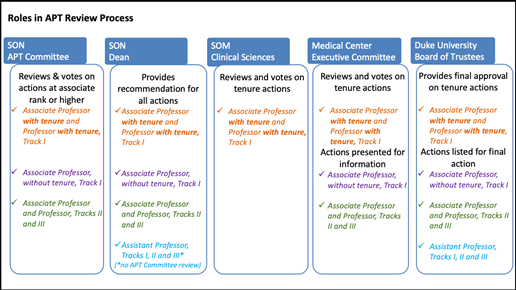Appendix Re-evaluated as Vital Neural and Immune Hub, Challenging Decades-Old "Junk Organ" Label

Recent groundbreaking research is fundamentally reshaping the medical community's understanding of the human appendix, moving it from a long-held status as a vestigial "junk organ" to a critical component of the body's immune and neural systems. This re-evaluation highlights its significant role in gut health and the intricate gut-brain axis. The shift in perspective has been enthusiastically noted by figures in the tech and science communication spheres, with one social media post stating, "love this perspective, brian. really speaks to that 'seeing what we think is possible' idea – pushing boundaries on what we thought was 'junk code' in the body. the appendix as a neural hub is mind-blowing.
For decades, the appendix was widely dismissed as a useless evolutionary remnant, often removed without hesitation during appendectomies. However, scientific inquiry, notably including research from institutions like Duke University, has revealed a far more complex and functional reality. As Brian Roemmele articulated in a recent social media post, > "For decades, the appendix was dismissed as a useless organ...But groundbreaking research out of Duke University is now revealing a very different truth. The appendix is far from expendable."
A primary function now attributed to the appendix is its robust immunological role. It is densely packed with lymphoid tissue, making it an active participant in the gut-associated lymphoid tissue (GALT), which is crucial for immune surveillance and the production of immunoglobulin A (IgA) antibodies. This immune activity helps to "educate" the immune system, distinguishing between beneficial microbes and harmful pathogens.
Furthermore, the appendix serves as a vital "safe house" for beneficial gut bacteria. During episodes of gastrointestinal distress, such as severe diarrhea or antibiotic use, when the gut microbiome can be severely depleted, the appendix's unique anatomical structure protects these essential bacteria. This allows them to emerge later and repopulate the rest of the intestinal tract, restoring microbial balance and supporting overall digestive health.
Emerging evidence also links the appendix's microbiome to the gut-brain axis, a bidirectional communication network between the digestive system and the central nervous system. The microbial communities within the appendix can produce metabolites, including short-chain fatty acids and neurotransmitters like serotonin, GABA, and dopamine, which directly influence brain function, mood, and cognitive processes. This connection supports the notion of the appendix possessing "neural power" and acting as a "second brain" in the gut.
This evolving understanding carries significant implications for medical practice, potentially leading to a reconsideration of routine appendectomy for mild inflammation. Some medical professionals are now exploring antibiotic treatment as an alternative to surgical removal, aiming to preserve the organ's long-term functions. Continued research into the appendix's multifaceted roles promises to unlock new therapeutic avenues for a wide range of conditions, from intestinal infections to neurological disorders.